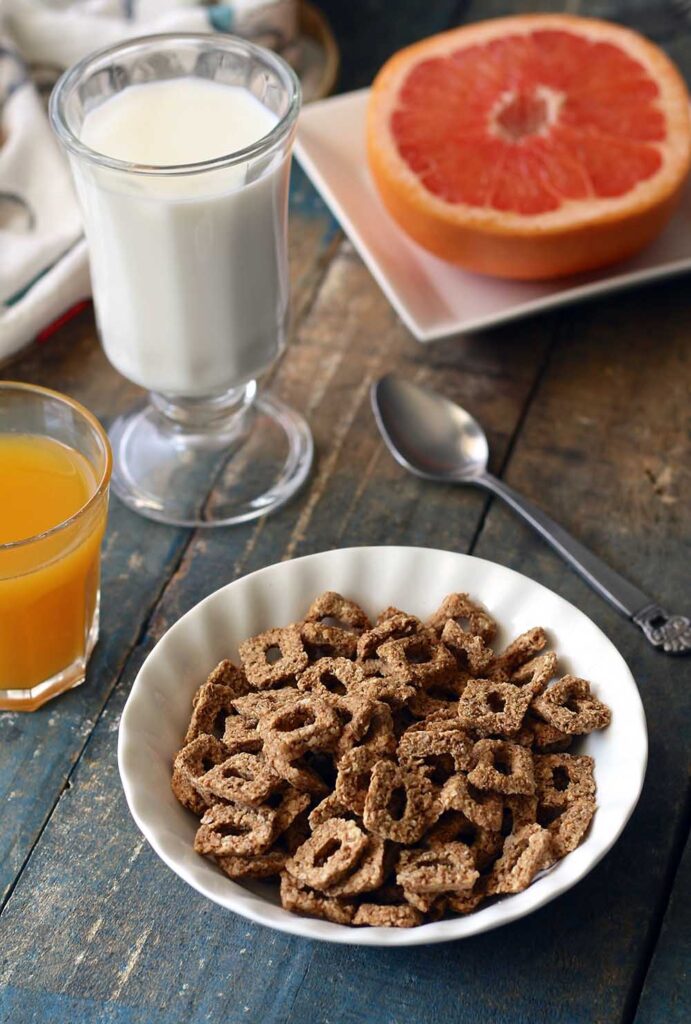Digestive problems affect many of us and can cause various uncomfortable conditions. Many factors influence digestive problems such as stress, food, infection, and medical conditions. If digestive problems affect your wellbeing, we have some helpful tips and tools to enhance your digestive health.
Symptoms of digestive issues can include:
- Heartburn
- Weight change
- Indigestion
- Constipation
- Diarrhea
- Food intolerances
If you have been suffering with long-term digestive issues or there is pain associated with your ailment, seeing a doctor is necessary to see which treatments they recommend.
However if your symptoms are mild and you are looking for some natural remedies or treatments that you can do at home, continue reading for some tips.


- Foods with Fiber
Did you know that food plays a large role in digestive issues? Bacteria in food, spicy food, and dairy can all cause digestive issues.
Fiber is an essential food component that influences digestion. Foods that are high in fiber are essential to include in your diet to make sure you keep your digestive system healthy. A high-fiber diet promotes regular bowel movements and helps food move properly once digested. Additionally, fiber can reduce blood cholesterol levels and may reduce the risk of developing heart disease.
Soluble fiber absorbs water and helps to improve the consistency of stool. Insoluble fiber becomes abrasive and helps keep the digestive tract clean and food moving along efficiently. You can find soluble fiber in ingredients such as beans, sweet potato, pears, and avocado. Great sources of insoluble fiber can be found in wheat bran, nuts, and soybeans.
A high-fiber diet has been linked to a reduced risk of digestive conditions, including ulcers, hemorrhoids, diverticulitis and IBS. Including high-fiber foods into your daily diet can improve digestive health.
- Dietary Supplements
Another way to enhance digestion is through dietary supplements. Fiber supplements, probiotics, lactase, and other herbal supplements can all help improve digestive health.
Fiber supplements carry similar qualities as high fiber foods and can be easily incorporated into the diets of those who are low in fiber. Fiber supplements can help promote regular bowel movements by reducing constipation and diarrhea.
Probiotics help to improve colon and gut health and can be especially useful while using antibiotics. Probiotics diminish constipation symptoms and ease digestion. Additionally, probiotics help to replenish good bacteria needed to fight off bad bacteria in our digestive system; this can help reduce diarrhea when fighting infection.
Lactase is an enzyme that helps break down lactose found in whole milk. Individuals who do not produce enough lactase are unable to break down lactose and may suffer from diarrhea, upset stomach, bloating, or gas. Lactase can be sold as a supplement or in drops and can be used to reduce lactose intolerance symptoms.
Herbal supplements to improve digestion typically contain ginger, peppermint, angelica, fennel, or cardamom. Herbal supplements can be the perfect option for those who wish to use plant-based alternatives to remedy their ailments with fewer side effects.


- Increase Water Intake
Another way to effectively improve digestive health is by staying hydrated. Water is necessary to break down and move food through the digestive tract. Additionally, water helps to improve bodily processes overall.
Insufficient fluid intake is a common cause of constipation. Fluid can help soften stool and ease digestion processes. Water intake can be increased by drinking non-caffeinated beverages and eating fruits and vegetables that have a high water content such as cucumber, celery, and tomato.
- Regular Exercise and Movement
One of the best ways to improve digestive health is through daily exercise and movement. Exercise helps increase blood flow to muscles which helps food move more efficiently through the digestive system. Taking a walk or bicycle ride after a meal can help promote healthy digestion and reduce constipation symptoms.
Some studies suggest that daily exercise can reduce symptoms of inflammatory bowel disease by removing inflammatory compounds from within the body. Exercise positively impacts the gut microbiota by increasing the number of beneficial bacteria within the gut. A more diverse and healthy gut microbiota leads to an increased mood and improved immune system.


- Chew Your Food
Our last tip may seem obvious, however it is very helpful for your digestive system to chew food properly. Food should be chewed an average of 20 to 30 times before swallowing. Properly chewed food helps improve nutrient absorption and softens stool, thus reducing constipation.
The process of digestion begins in the mouth through chewing and the use of saliva in breaking down food compounds. Inadequate chewing is linked to a decrease in nutrient absorption. When food is chewed effectively the stomach has less work to do and this can help reduce the risk of indigestion and heartburn.
Eating more fiber, exercising regularly, drinking plenty of water, chewing thoroughly and taking dietary supplements can all help improve digestion. As with most bodily functions, improving digestion can increase other areas of health such as improving mood and strengthening the immune system.









